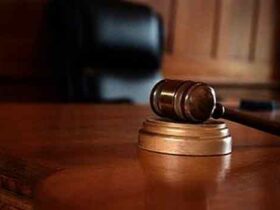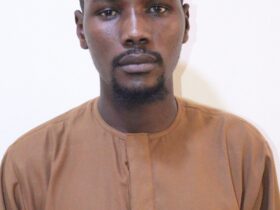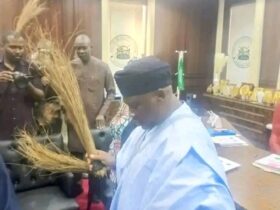Hotel Owners Forum Abuja (HOFA) has blamed the high lodging charges in hotels in the Federal Capital Territory (FCT) on the recent hike in electricity tariff.
The President of HOFA, Mrs Funmi Kazeem, told the News Agency of Nigeria (NAN) in Abuja that the recent electricity tariff hike has affected the cost of lodging in hotels in the FCT.
Kazeem said that this had also reduced the number of customers patronising hotels in the territory.
According to her, the sector has been affected by the electricity tariff hike, as hotels, resorts, and other tourist facilities also face high operating costs.
She added that such had led to reduction of investment and decreased competitiveness, as well as impacting the overall economy.
Kazeem also noted that as a result of the tariff hike, the standard of living of many individuals had been affected in the country.
“The tourism sector, particularly the hospitality sector, is the second-highest employer of labour after the government made it a critical component of the country’s employment landscape.
“The hike in electricity tariff has really affected our hotel business as well as our customers. It is a great challenge confronting the sector.
“Addressing these challenges and other challenges in the sector is crucial to sustaining progress and promoting economic growth,” she said.
HOFA president commended the Present Bola Tinubu-led administration for implementing policies, aimed at boosting economic growth in privatisation and foreign investment.
She added that such would help to increase the GDP growth rate, and improve the country’s economic outlook.
“In the tourism sector, there have been achievements such as increased investment, improved infrastructure, and successful marketing campaigns.
“However, challenges persist, including security concerns, economic challenges, infrastructure gaps, and limited marketing,” she added.
Meanwhile, some guests who spoke with NAN attributed the high cost of lodging to the recent economic situation of the country.
According to them, exchange rate and general inflation made guests pay more in most hotels and such is unpleasant.
Mr Clinton Brown , a businessman, said in a situation where hotel owners are paying for high electricity tariff, buying diesel at a high cost,“ what do you expect, high operating by hotel owners would be pushed to the guests’’.
According to him, rooms, food and drink rates have doubled compared to last year.
“So, the Federal Government should come up with a policy that will alleviate the hardship generally not only in the hospitality sector”.
Brown added that he would not blame hoteliers as much, because some of them spend millions to run generators in order to satisfy their guests.
Obinna Chukwueku, said lodging charges in hotels had drastically increased due to the impact of the exchange rate and general inflation that affected guests.
Chukwueku added that many hotels in FCT were responding to the economic realities of the country, because the cost of running hotels had doubled in recent months.
“It is only those that do not have alternatives that I pity, but if you have alternatives, I advise you to manage the place for some days, in doing whatever thing that is brought to FCT even when it is not that convenient.
“But if you know you cannot cope with such an alternative, look for a cheaper hotel that you can pay less. But the issue here is that, most of those lesser hotels are not up to standard, even their price is not that cheap,” he said .
Mrs Doris Ezekiel, a fashion designer, said that hotel lodging was high now due to the electricity tariff and other costs of running the hotel.
Ezekiel noted that taxes and regulatory fees had been increased by the authorities, saying that the people in the hospitality sector decried the multiple taxations in the industry.
“They have no option than to pass the hike on to their guests. Many standard hotels in Abuja have doubled their cost of lodging,” she said.
(NAN)










Leave a Reply